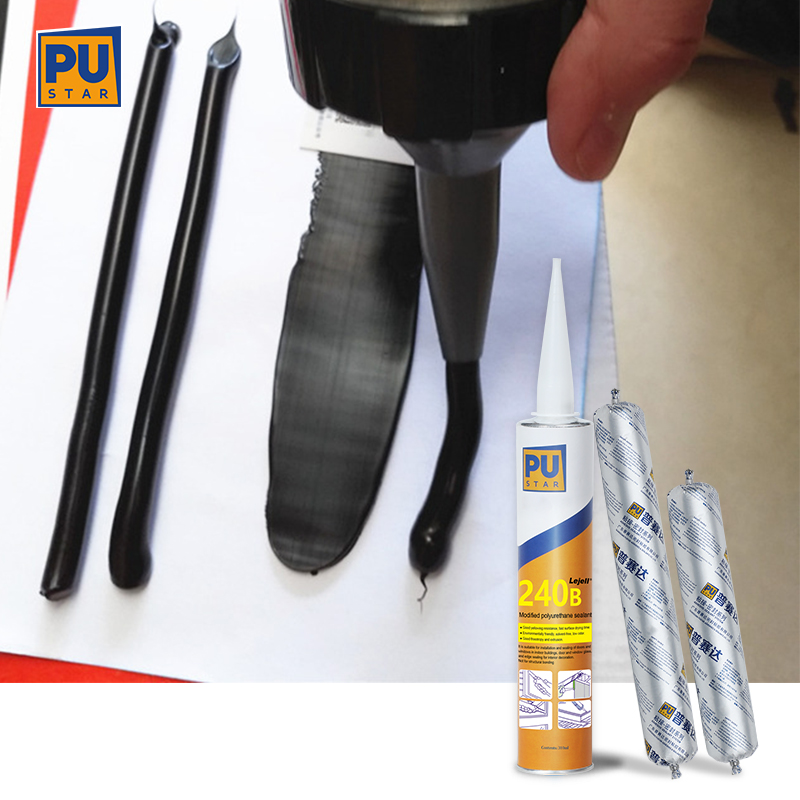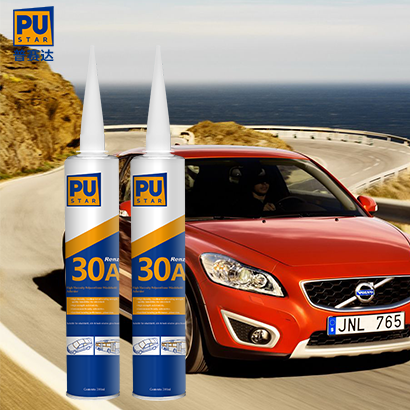When it comes to automotive manufacturing, material and adhesive selection are critical to ensuring a vehicle’s safety, durability and performance. One of the most important ingredients in this regard is the sealant used for windshields and other glass components. Among the many options, polyurethane sealants, especially polyurethane windshield adhesive and polyurethane metal sealants, are widely favored by automobile manufacturers.
Learn about polyurethane sealants
Polyurethane sealant is a versatile material known for its excellent adhesion, flexibility and resistance to environmental factors. These properties make it ideal for automotive applications for bonding glass to vehicle frames, sealing joints and providing structural integrity.
Windshield Adhesive: Designed specifically for bonding windshields, polyurethane windshield adhesive is a high-performance sealant that ensures a strong and long-lasting bond between the glass and the car body. This type of adhesive is critical to maintaining the structural integrity of your vehicle, especially in the event of a crash. The adhesive not only holds the windshield in place, but it also helps maintain the integrity of the cab in the event of an accident, thereby improving the overall safety of the vehicle.

Polyurethane Metal Sealant: In addition to windshield adhesives, polyurethane metal sealants are also commonly used in automotive manufacturing. These sealants are designed to bond metal parts together, providing a strong seal that can withstand the rigors of a car’s environment. They are typically used in areas where metal parts meet, such as the assembly of vehicle frames or the joining of various components. The flexibility and durability of polyurethane metal sealants make them ideal for applications requiring movement and vibration.
Why do automakers prefer polyurethane?
Automakers choose polyurethane sealants for several reasons:
• Strong Adhesion: Polyurethane sealant provides excellent bonding strength, ensuring that windshields and other components are securely attached to the vehicle. This is especially important for safety, as a properly bonded windshield can prevent ejection in a crash.
• Flexibility: The flexibility of polyurethane allows it to adapt to the material’s natural expansion and contraction due to temperature changes. This property helps prevent cracking or separation over time, ensuring a long-lasting bond.
• Weather Resistance: Polyurethane sealants are resistant to moisture, UV rays and extreme temperatures, making them suitable for outdoor applications. This resistance helps protect your vehicle from water leaks and corrosion, extending its lifespan.
• Easy to Apply: Polyurethane sealant can be easily applied using a standard caulking gun, providing manufacturers with convenience during the assembly process. They cure quickly, reducing production time without compromising quality.
• VERSATILITY: In addition to windshields, polyurethane sealants can be used in a variety of applications throughout the vehicle, including bonding trim, sealing joints, and even in the assembly of engine components.
Automobile manufacturers mainly use polyurethane sealants, including polyurethane windshield glue and polyurethane metal sealants, because of their excellent bonding ability, flexibility and resistance to environmental factors. These sealants play a vital role in ensuring the safety and durability of vehicles, making them an important part of automotive manufacturing. As technology advances, the development of more effective sealants will continue to improve vehicle performance and safety, further solidifying the importance of polyurethanes in the automotive industry.
Post time: Nov-14-2024













